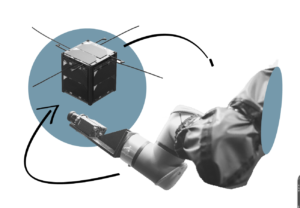
Getting Luxembourg ready for quantum communication
Q-day – the day that quantum computers will be used to break the encryption standards currently in use – seems to loom closer and closer, and countries worldwide are gearing up, Luxembourg included. Several groups of researchers at SnT are currently working on a range of quantum communication infrastructure (QCI) projects to support the Grand Duchy in protecting governmental and business data, with e-government and secure data centre interconnectivity being just two of the primary fields of application for these technologies.









